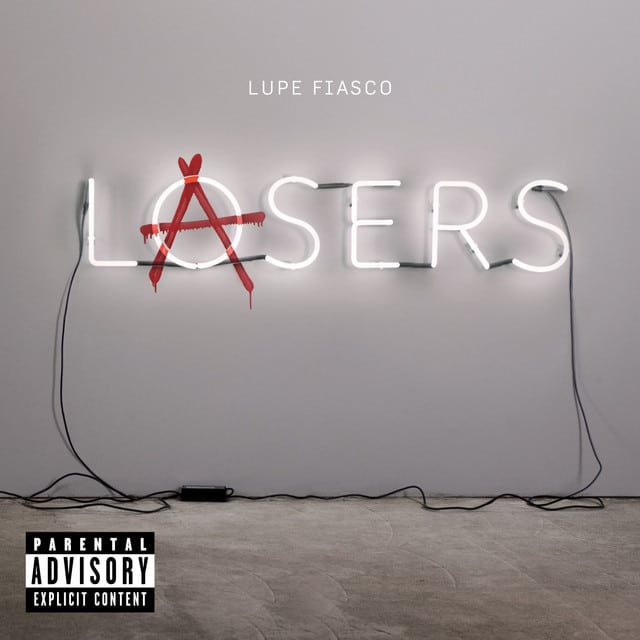Released: 2006
The song “The Cool” by Lupe Fiasco is a haunting narrative of the cyclical nature of inner-city violence, and the relentless pursuit of ‘the Cool’, a metaphor for a life of glamour, street reputation, and material wealth. It tells the story of a man who rises from the dead and returns to his former life, only to repeat the same destructive patterns.
In the first verse, Lupe describes a man who “came back in the same suit that he was buried in”, invoking a chilling image of a ghoul returning from the grave. The song continues with a detailed description of the grave contents, from the “Hennessey” that his friends poured out in memory of him, to the possessions that define his former life – a gold chain, two earrings, a picture of his daughter. He is laid out as if he were still living the streets’ definition of the cool.
The chorus repeats: “If life goes passing you by / Don’t cry / If you breaking the rules / Making your moves / Paying your dues / Chasing the cool”. The ‘cool’ here represents the allure of street life and the pursuit of reputation and wealth at any cost. This leads to a life lived fast, where the rules are broken, and the dues are often paid with one’s life.
The second verse reveals the protagonist’s determination to return to his old life, digging to the surface and cleaning off the dirt of the grave. His watch has stopped – showing that his perception of the passing of time has been distorted. He had “no reason to stay”, symbolizing the perceived lack of opportunity and the pull of the street life. Lupe portrays this as a force so powerful that not even death can keep him away.
In the third verse, our protagonist is back in his old neighborhood, begging for change, attempting to re-enter the life that led to his demise. He is robbed with the “same gun they shot him with” – a stark metaphor for the cyclical nature of violence.
In his bold assertion “Hustler for death, no heaven for a gangster”, Lupe captures the tragic irony of this pursuit of ‘the Cool’ – it’s a quest for a heaven on earth that can all too often lead to an early grave.
The finale chorus echoes the earlier verses, solidifying the song’s message: the transient nature of life, the allure of breaking the rules, and the price one pays when chasing ‘the Cool’.
In conclusion, “The Cool” is a profound examination of the seduction of street life and the cyclical nature of violence. As the protagonist chases ‘the Cool’, he’s doomed to repeat the same mistakes, ultimately leading to his downfall.








